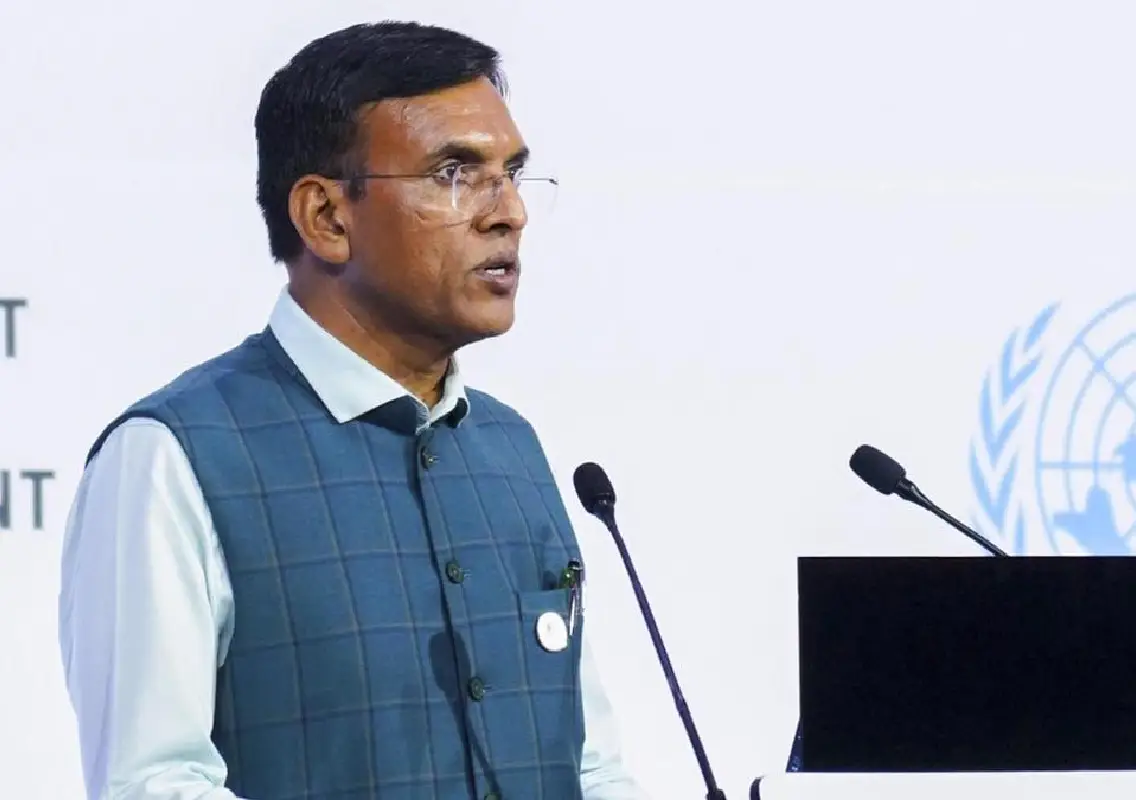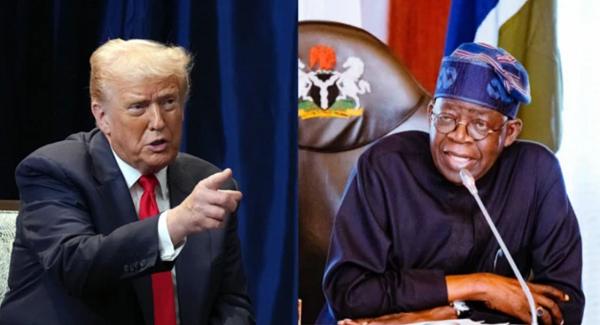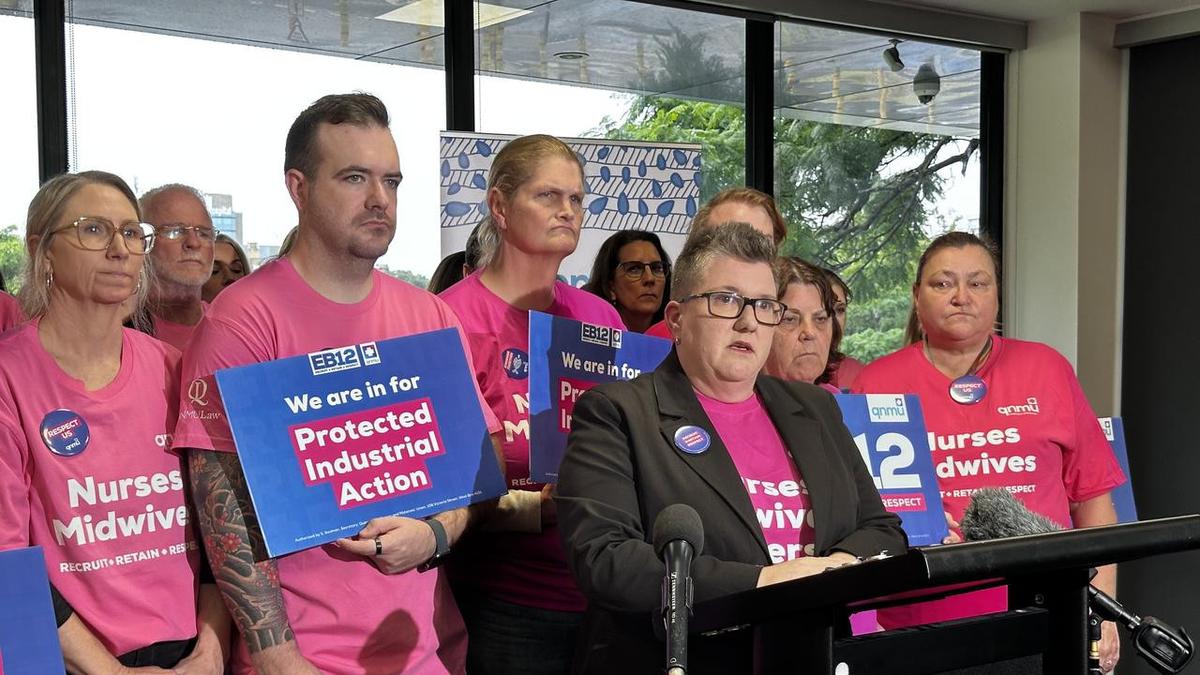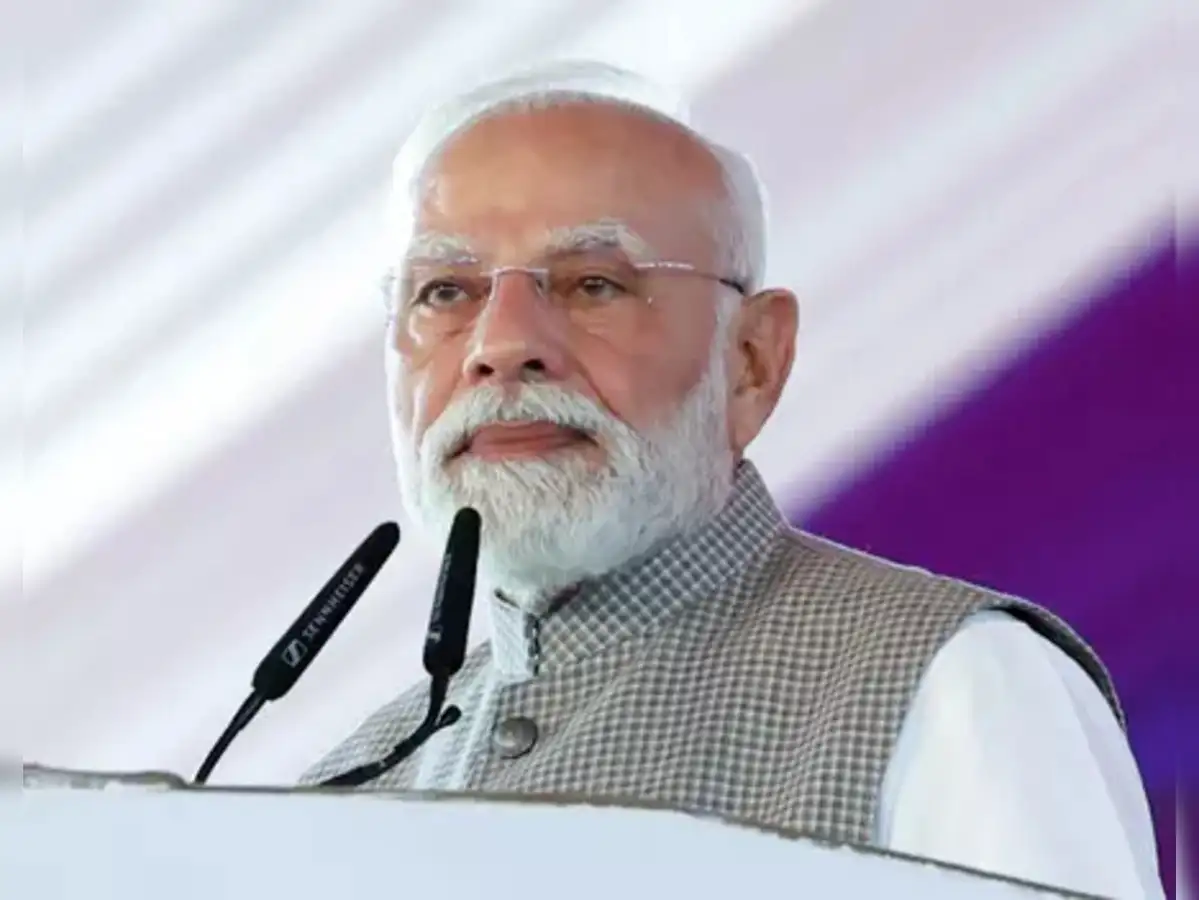Copyright newskarnataka

Union Minister of Labour and Employment Dr Mansukh Mandaviya strongly criticised Pakistan on Wednesday for misusing international platforms to spread false propaganda against India and divert global attention away from social development goals. Addressing the plenary session of the second World Summit for Social Development in Doha, Qatar, Mandaviya condemned remarks made by Pakistan President Asif Ali Zardari the previous day, calling them “an abuse of an international forum.” India objects to Pakistan’s “unjustified references” “We take strong objection to certain unjustified references made by the President of Pakistan yesterday on India in his remarks. This is an abuse of an international forum to distract the world from focusing on social development by peddling disinformation against India,” Mandaviya stated firmly. The Union Minister highlighted that Pakistan’s attempts to internationalise internal Indian matters were not only misplaced but also exposed its own failures in governance and development. Pakistan’s misuse of Indus Waters Treaty Responding to Zardari’s allegations that India had violated the Indus Waters Treaty, Mandaviya said that Pakistan had “undermined the spirit of the Treaty through sustained hostility and cross-border terrorism.” He added, “Pakistan has repeatedly misused the Treaty’s mechanisms to obstruct India’s legitimate projects. Its consistent aggression and terror activities nullify the essence of cooperation envisaged under the agreement.” The Indus Waters Treaty, signed in 1960, governs the sharing of river waters between India and Pakistan. India suspended the Treaty indefinitely in April 2025 after the Pahalgam terror attack, in which terrorists linked to Pakistan-based groups targeted Indian security forces. Prime Minister Narendra Modi had then declared, “Blood and water can’t flow together.” “Pakistan dependent on international hand-outs” Mandaviya asserted that Pakistan has no locus standi to comment on India’s internal affairs, including Jammu and Kashmir, especially while continuing to sponsor cross-border terrorism. “Pakistan would do well to introspect and address its own serious challenges related to development which has made it dependent on hand-outs from the international community. It should stop abusing international forums,” Mandaviya said, urging Islamabad to focus on governance instead of provocation. He also referred to the April 22 Pahalgam terror attack, noting that Pakistan’s complicity in cross-border terrorism had disqualified it from commenting on India’s domestic matters. India’s development model showcased at summit Moving beyond the diplomatic exchange, Mandaviya used his address to highlight India’s achievements in social development, positioning the country as a model for the Global South. He pointed out that India’s welfare programmes had reached millions, ensuring widespread inclusion and progress. “Over 118 million schoolchildren receive midday meals, more than 800 million citizens have food security, 425 million have health coverage, and over 37 million low-income families have been provided homes,” he said. The minister said these efforts demonstrated India’s commitment to inclusive growth and the United Nations’ Sustainable Development Goals (SDGs). Pakistan President’s remarks draw backlash Pakistan President Asif Ali Zardari, in his November 4 address at the same forum, had accused India of violating the Indus Waters Treaty and of “weaponising water” — describing it as a “new threat” to Pakistan. Zardari also compared Kashmir and Palestine, calling them “two sides of the same coin” and alleging that both peoples were “fighting for their right to live with dignity.” His comments drew sharp criticism from Indian officials and diplomats, who labelled them “baseless and politically motivated.” A firm message from India India’s response at the Doha summit underscores its firm diplomatic stance against Pakistan’s repeated attempts to raise bilateral disputes at global development platforms. Mandaviya’s intervention not only countered misinformation but also redirected the discussion toward India’s social progress and commitment to equitable growth.



